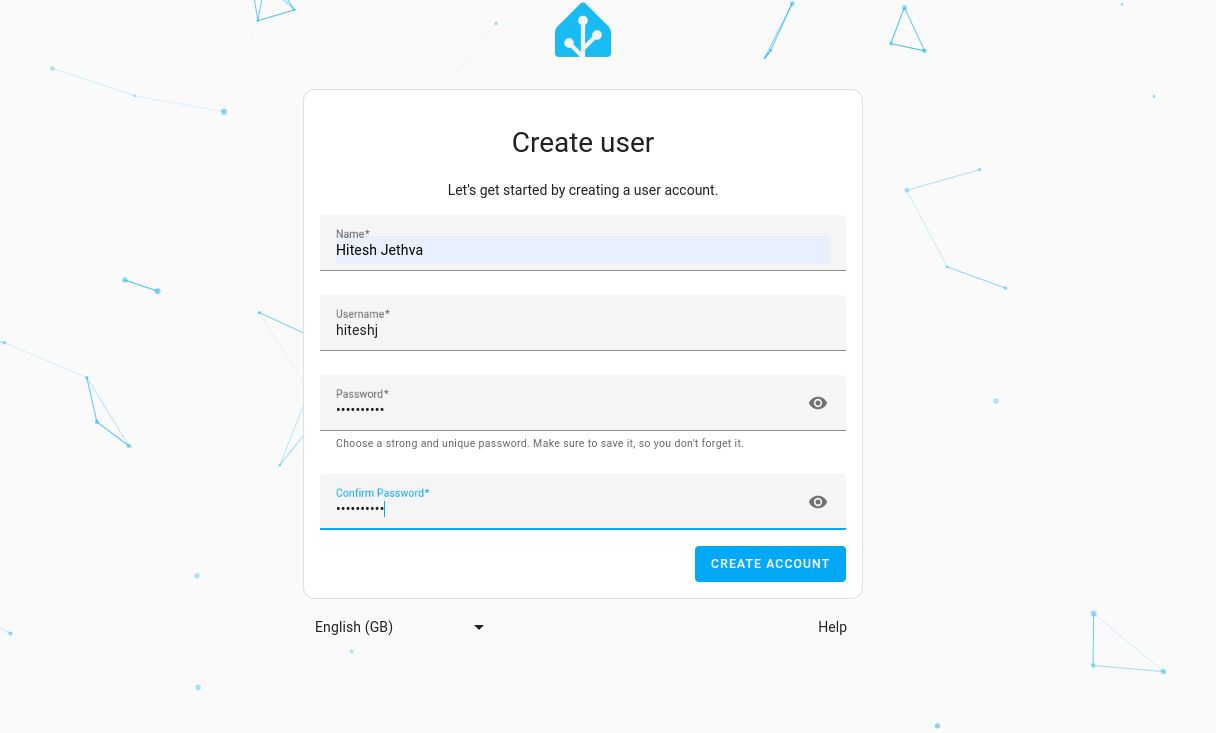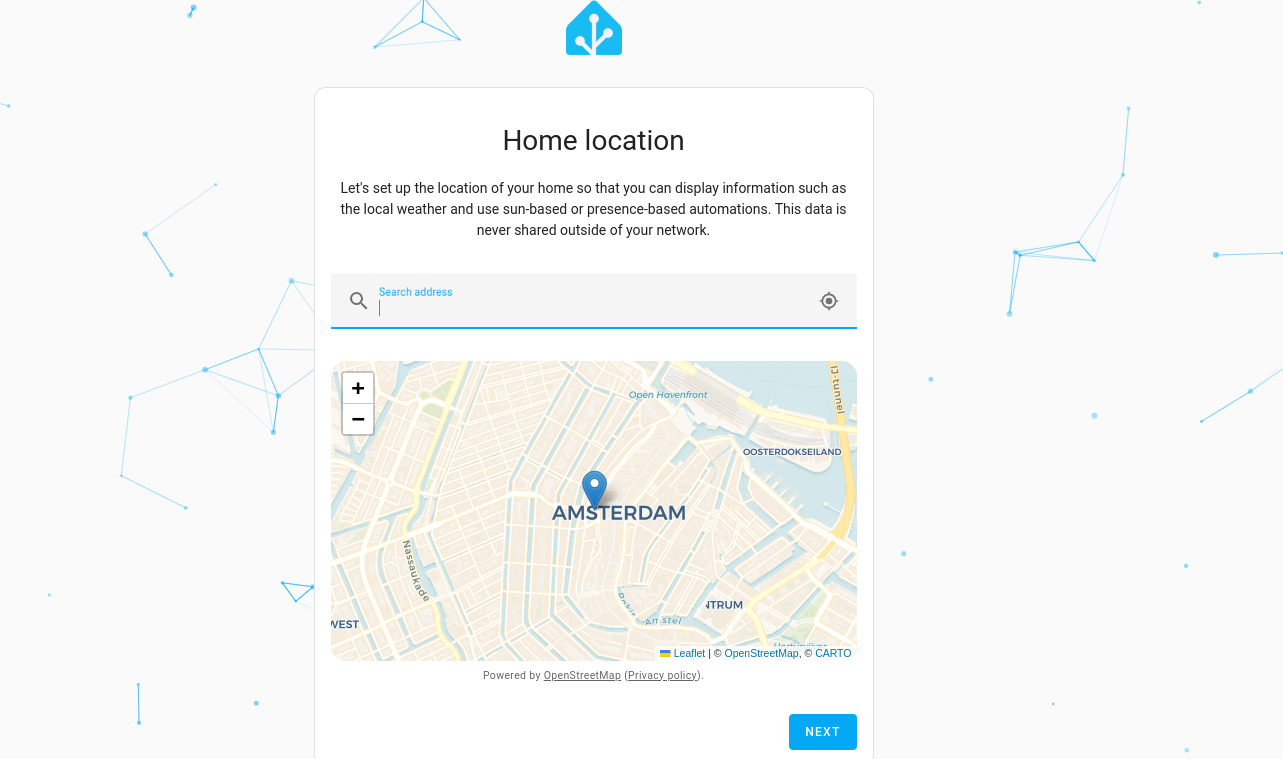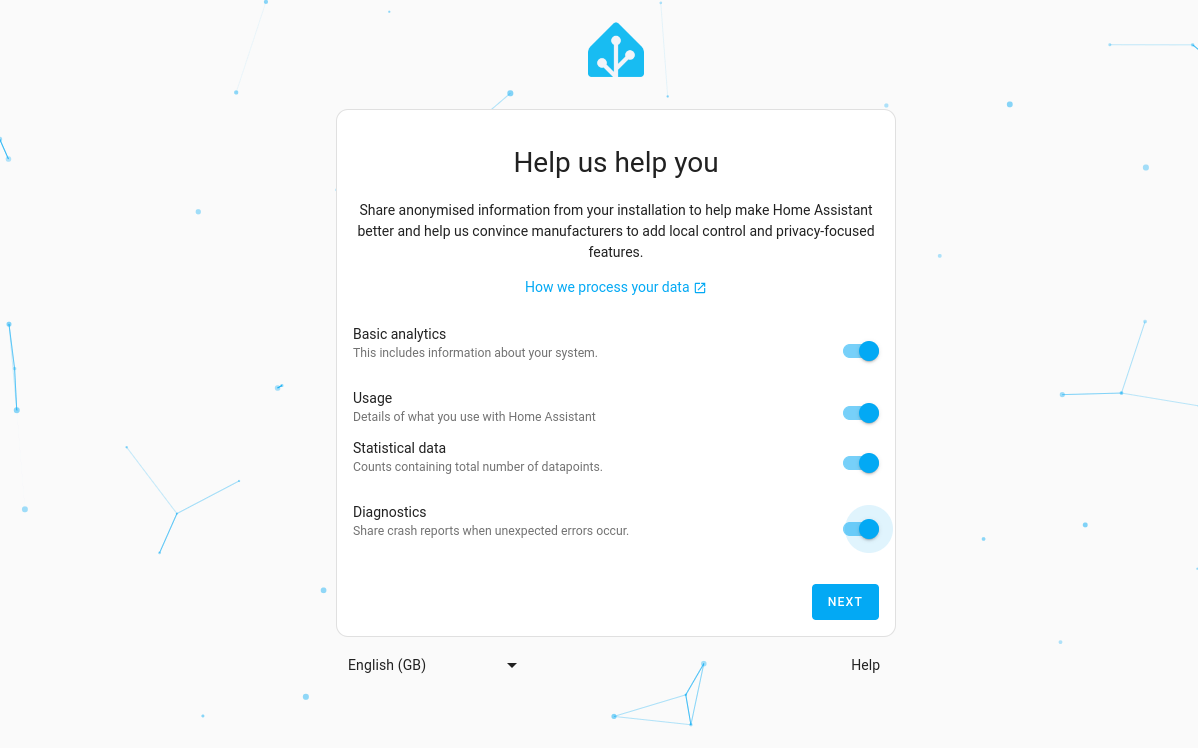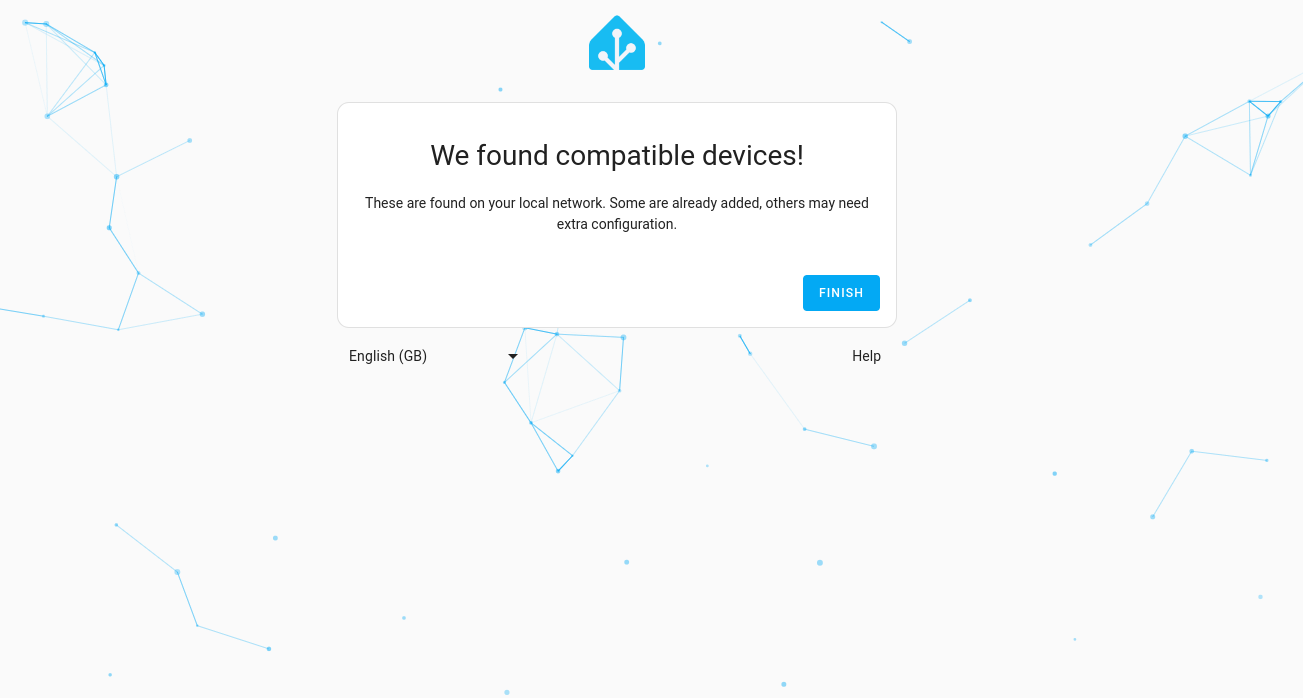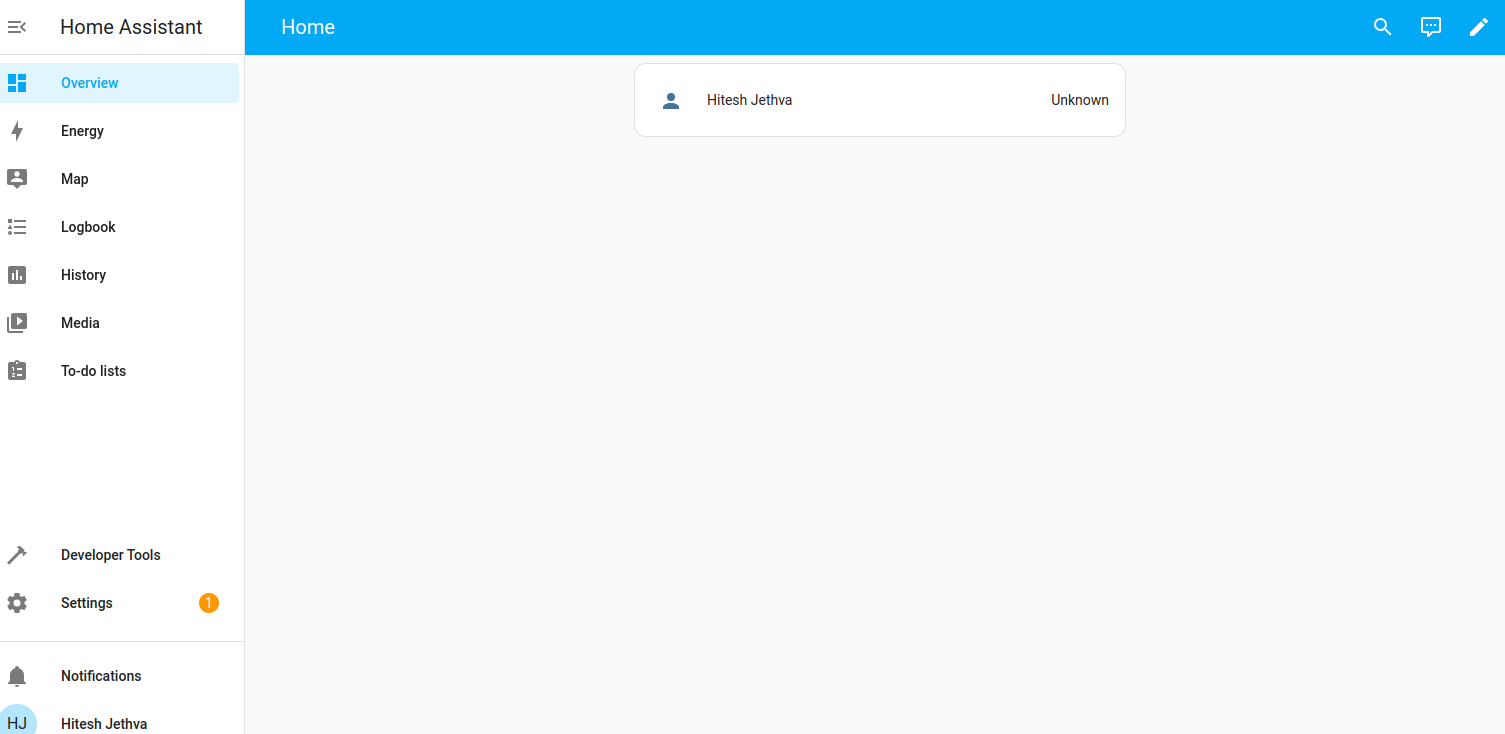Home Assistant is an open-source home automation platform that allows users to control and automate various devices and services. It serves as a central hub for integrating smart devices, sensors, and other technologies, providing a unified interface for managing them. Home Assistant empowers users to create a smarter, more efficient, and more personalized home environment by bringing together disparate devices and technologies into a unified ecosystem.
This tutorial will show you how to install Home Assistant on Ubuntu 22.04.
Step 1 – Install Required Dependencies
Home Assistant Core requires some dependencies to be installed. You can install them with the following command:
apt install -y tmux bluez libffi-dev libtiff5 libssl-dev libjpeg-dev zlib1g-dev autoconf build-essential libopenjp2-7 libturbojpeg0-dev tzdata ffmpeg liblapack3 liblapack-dev libatlas-base-dev software-properties-common
Once all the dependencies are installed, you can proceed to the next step.
Step 2 – Install Python3.11
You will also need to install the latest version of Python to your server.
First, add the Python PPA using the following command:
add-apt-repository ppa:deadsnakes/ppa
Next, install Python3.11 with additional packages.
apt install python3.11 python3.11-dev python3.11-venv -y
Step 3 – Install Home Assistant
First, create a user account named “homeassistant” and set its default shell to “/bin/bash”.
useradd -rm homeassistant chsh -s /bin/bash homeassistant
Next, add a homeassistant user to the dialout group.
usermod -aG dialout homeassistant
Next, create a directory for your Home Assistant installation and set proper ownership.
mkdir /srv/homeassistant chown homeassistant:homeassistant /srv/homeassistant
Next, log in as a home assistant user and navigate to the home assistant directory.
sudo -u homeassistant -H -s cd /srv/homeassistant
Next, create a new virtual environment:
python3.11 -m venv .
Activate the virtual environment:
source bin/activate
Next, install the wheel package.
python3.11 -m pip install wheel
Output:
Collecting wheel Downloading wheel-0.43.0-py3-none-any.whl.metadata (2.2 kB) Downloading wheel-0.43.0-py3-none-any.whl (65 kB) ━━━━━━━━━━━━━━━━━━━━━━━━━━━━━━━━━━━━━━━━ 65.8/65.8 kB 1.1 MB/s eta 0:00:00 Installing collected packages: wheel Successfully installed wheel-0.43.0
Finally, install the Hone Assistant package.
pip3.11 install homeassistant
Step 4 – Initialize Home Assistant
First, launch tmux session to run the Home Assistant.
tmux
Next, run the hass command to initialize the Home Assistant.
hass
This will install all the required basic dependencies on your server. Once all the dependencies are installed, open your web browser and access the Home Assistant web interface using the URL http://your-server-ip:8123. You will see the Home Assistant welcome page.
Click on CREATE MY SMART HOME. You will see the create user page:
Define your username and password and click on CREATE ACCOUNT. You will see the Home Location page.
Set your location and click on NEXT. You will see the following page:
Enable your desired settings and click on NEXT. You will see the following page.
Click on FINISH. You will see the HOME Assistant dashboard page.
Conclusion
In this tutorial, you learned how to install Home Assistant on Ubuntu 22.04. Home Assistant provides users with a powerful and flexible platform for creating a smart home environment. Through its open-source nature and extensive community support, Home Assistant offers various integrations and customization options, allowing users to tailor their home automation setup to their specific needs and preferences. Try to deploy Home Assistant on dedicated server hosting from Atlantic.Net!

